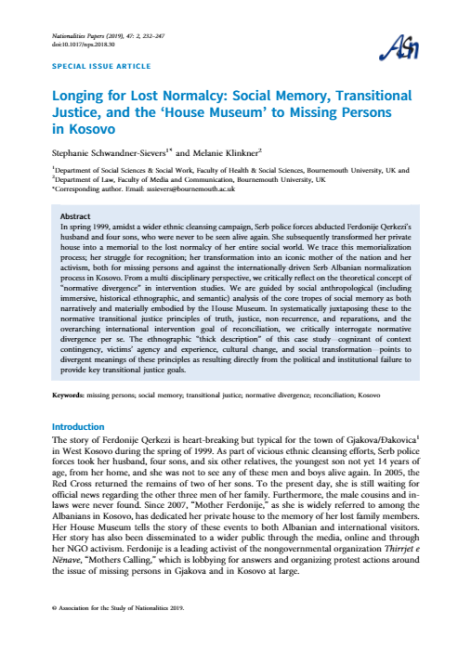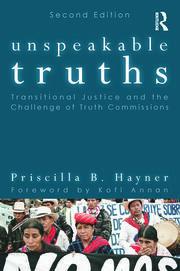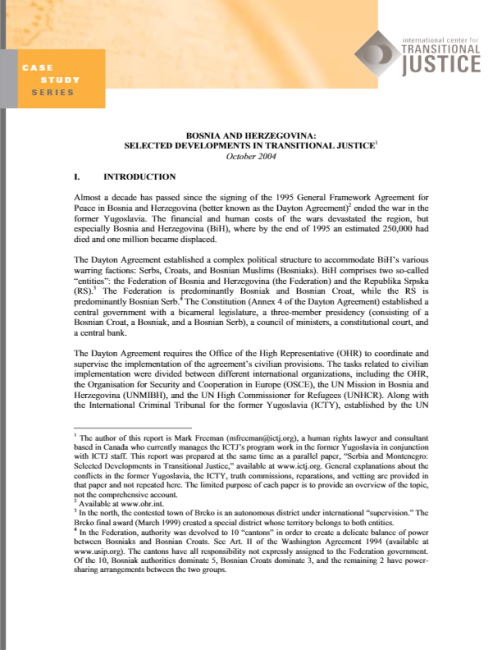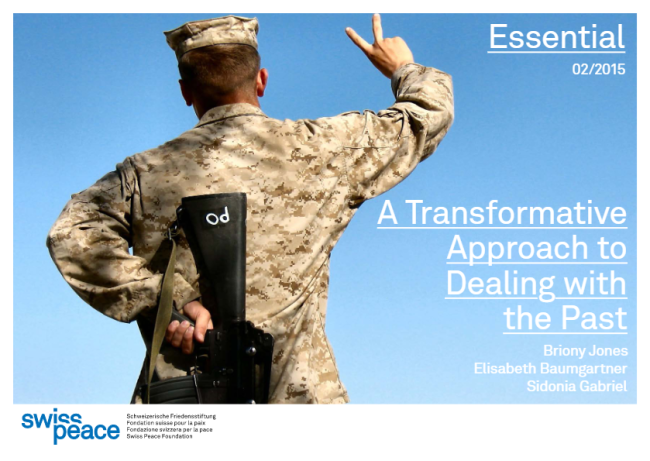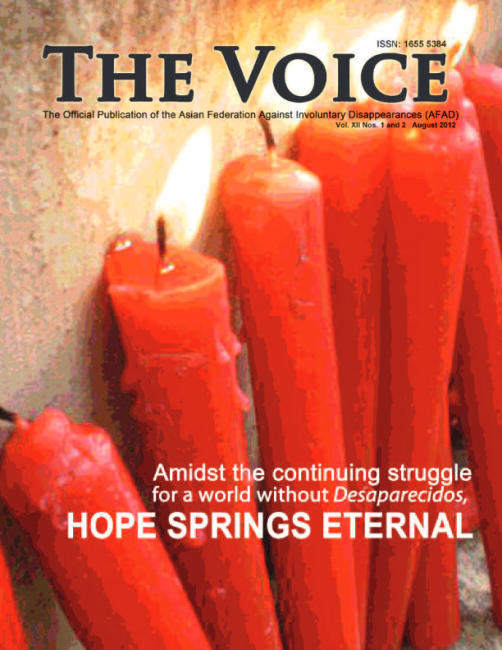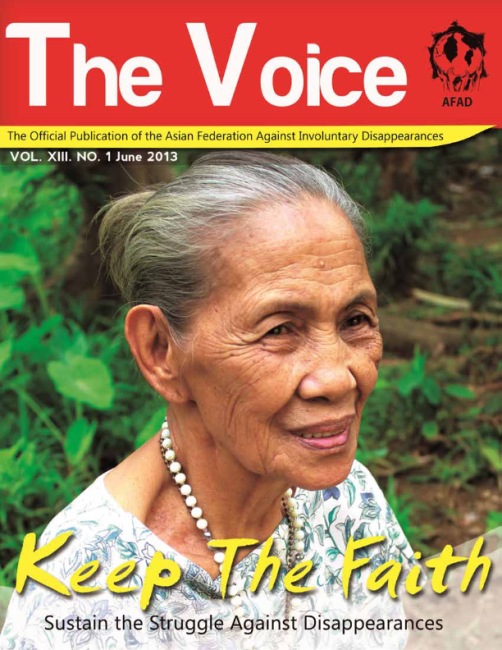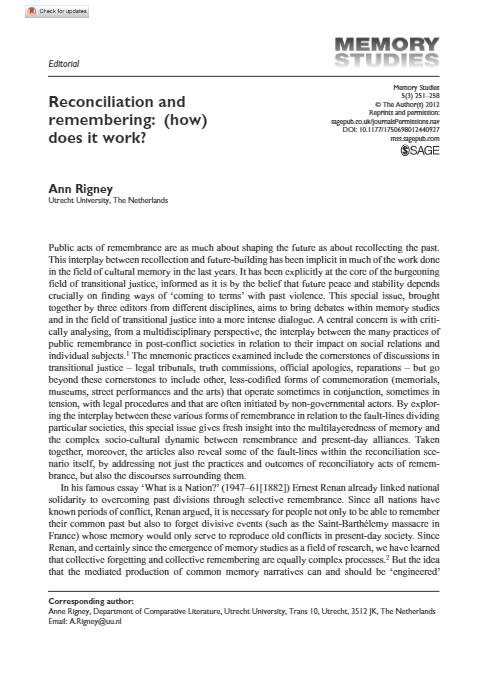
Reconciliation and remembering: (how) does it work?
Public acts of remembrance are as much about shaping the future as about recollecting the past. This interplay between recollection and future-building has been implicit in much of the work done in the field of cultural memory in the last years. It has been explicitly at the core of the burgeoning field of transitional justice, informed as it is by the belief that future peace and stability depends crucially on finding ways of ‘coming to terms’ with past violence. This special issue, brought together by three editors from different disciplines, aims to bring debates within memory studies and in the field of transitional justice into a more intense dialogue. A central concern is with critically analysing, from a multidisciplinary perspective, the interplay between the many practices of public remembrance in post-conflict societies in relation to their impact on social relations and individual subjects. The mnemonic practices examined include the cornerstones of discussions in transitional justice – legal tribunals, truth commissions, official apologies, reparations – but go beyond these cornerstones to include other, less-codified forms of commemoration (memorials, museums, street performances and the arts) that operate sometimes in conjunction, sometimes in tension, with legal procedures and that are often initiated by non-governmental actors. By exploring the interplay between these various forms of remembrance in relation to the fault-lines dividing particular societies, this special issue gives fresh insight into the multilayeredness of memory and the complex socio-cultural dynamic between remembrance and present-day alliances. Taken together, moreover, the articles also reveal some of the fault-lines within the reconciliation scenario itself, by addressing not just the practices and outcomes of reconciliatory acts of remembrance, but also the discourses surrounding them.


